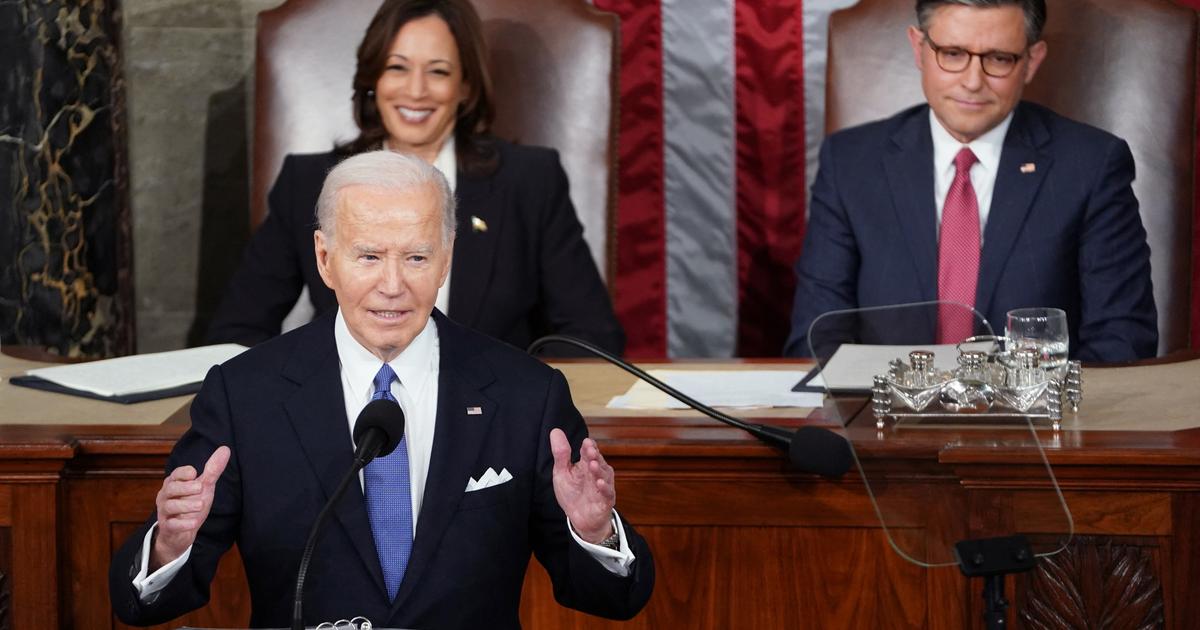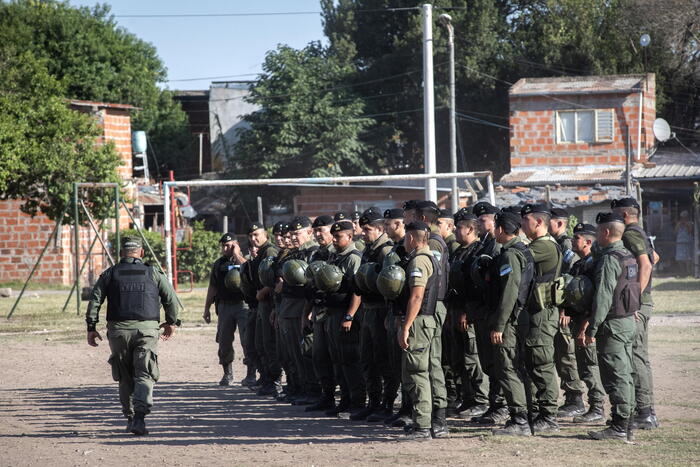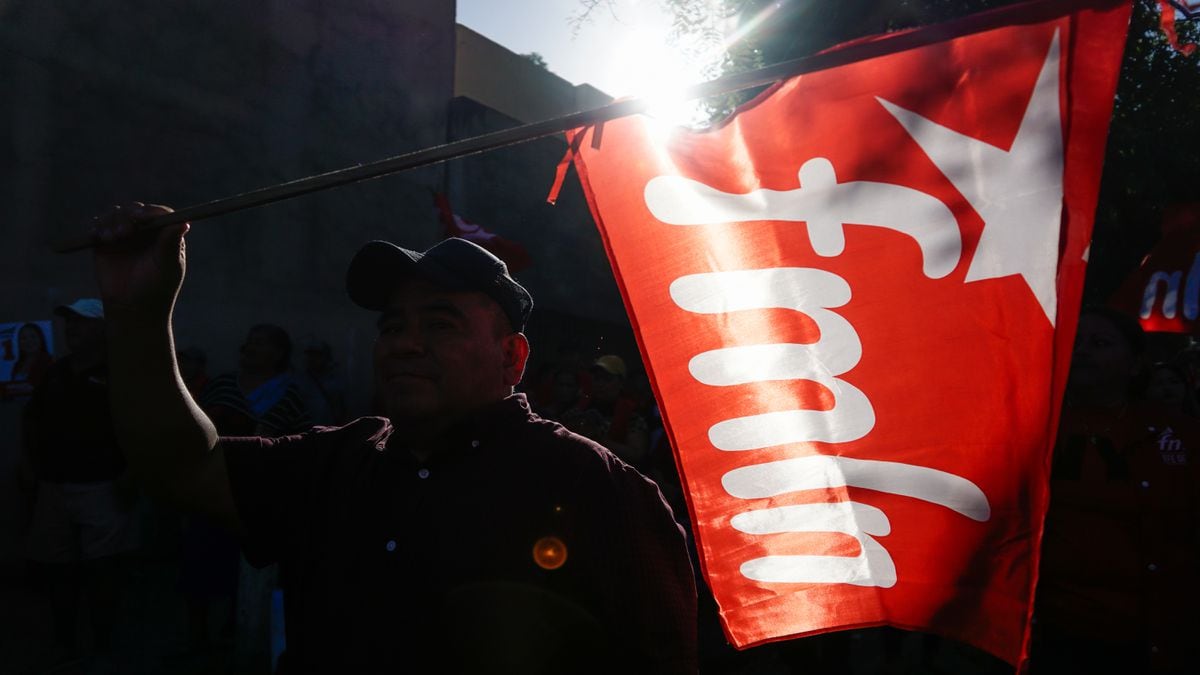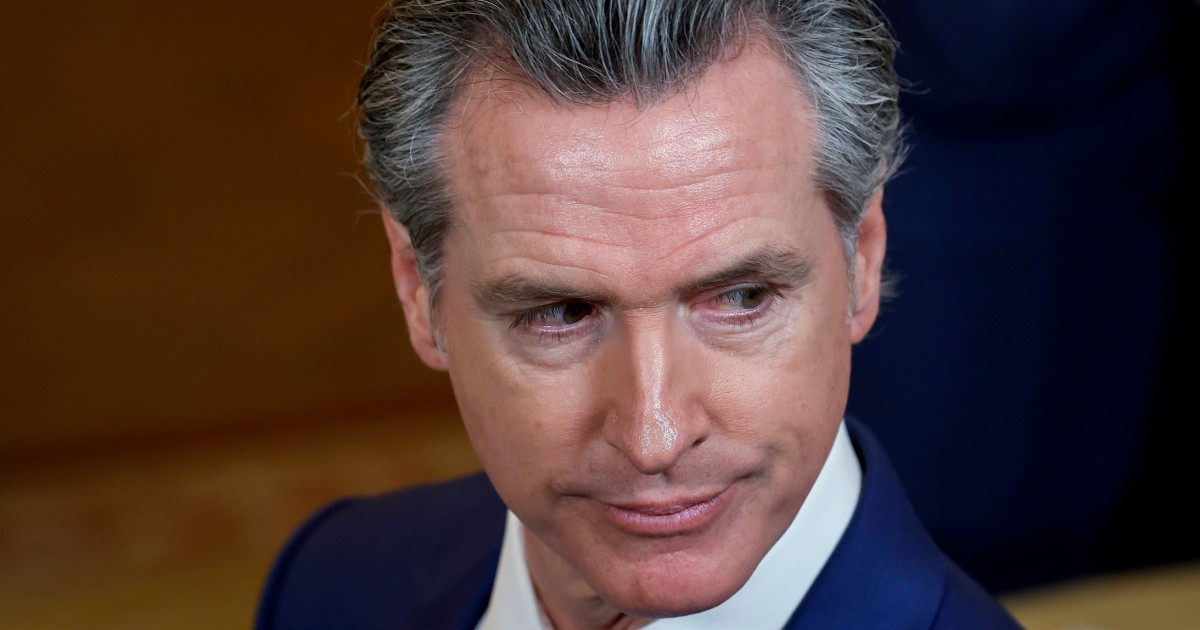El Faro
is the most solvent independent periodical in El Salvador.
With rigorous information and analysis, he has earned respect not only in his country but in all people attentive to the evolution of Salvadoran events.
I borrow the title for this note from
El Faro
from one published there with a crude and realistic analysis of the impact of the repressive measures adopted by the Bukele regime against the gangs.
In its analysis , El Faro
confirms that the structures of the gangs "have been seriously weakened and that their presence is now minimal or non-existent in the territories they controlled for decades."
The key is in what follows: "We have had to give up our democracy which, although imperfect, was built after almost 100,000 deaths and thousands of disappearances."
The available information tells us, in effect, two clear things.
First, that the gangs have been seriously attacked.
What has allowed a few days to go by without any "marero" homicide in the country (something normally unthinkable).
Second, that this is a direct consequence of the harsh measures adopted.
Beyond this, however, the undeniable backdrop is the gradual and sustained process of suppression of rights and the most basic citizen guarantees established in the Constitution and international human rights treaties.
This panorama goes far beyond the gang issue, since the background of the story is the ongoing authoritarian process of concentration of power.
Which, among other things, involves the subjugation of judicial independence.
And because of a "gag law" that has modified the Penal Code, openly legalizing censorship: it is forbidden to report on gangs, on pacts between politicians and gang members, and on the control they exercise over a large part of the urban population, especially the poorest.
This legal reform was qualified by the Association of Journalists of El Salvador, rightly so,
The north of the process: Bukele is concentrating all the power of the State for himself.
For this, he has dismantled the essential pieces of institutional control, dismissing the members of the Constitutional Chamber of the Supreme Court and expelling the Attorney General.
To replace them with others to his liking and without following the most elementary rules of transparency for their selection and appointment.
In the ongoing process to be re-elected as president in violation of the constitutional norm that proscribes immediate re-election, the new Constitutional Chamber has already "interpreted" that Bukele can be re-elected.
There is not and will not be all.
Bukele is pushing for the drafting and approval of a new Constitution.
From the drafts that are known, it is clear that the constitutional text that is perpetrated would reaffirm immediate presidential re-election and would clear up any doubt that might exist about the authoritarian project sweeping away fundamental democratic institutions and principles.
The support of the population for Bukele and his impact measures on the jeopardized citizen security is an explicable fact of reality.
For thousands of families, spending a few days without violence and murders means a radical change in daily life and, apparently, society is willing to pay the high price of demolishing democratic standards.
And Bukele is the Latin American president with the highest approval rating in the region, which is not a coincidence.
Three considerations allow us to conclude that this moment of calm and citizen support for the regime could be a flash in the pan.
First, the historical verification that the phenomenon of the gangs transcends the borders of El Salvador, therefore it cannot be resolved within the borders of the country.
This multiplicity of factors and the transnational nature of the gangs go beyond local and immediate measures such as those adopted by Bukele that have excited the Salvadoran population.
As is well known, the gangs emerged on the streets of Los Angeles and have thousands of members in the US: the Mara Salvatrucha, in particular, is estimated to have more than 10,000 members in that country.
The systematic deportations of gang members from the US to El Salvador carried out have been -verifiably- a sustained central factor in their generation and strengthening in El Salvador, "importer" of gangs.
Deportations that, as a policy, have been followed by both Republican and Democratic governments.
During the Obama administration, an average of 74 Salvadorans were expelled per day during which they earned the nickname of
Chief Deporter
.
Trump continued with that policy.
On the other hand, in relation to the above: it is not about being pessimistic, but it is legitimate to doubt that Bukele's authoritarian measures against the gangs have a sustained and long-term impact.
The question could end up being, at the end of the story, whether it would have been worth it for Salvadoran society to "kill democracy" to obtain a victory that in the end could be pyrrhic.
Finally, the evident interaction between these repressive measures - today praised in his country - with Bukele's strategy of gradually liquidating all forms of control of power and destroying democratic regulations.
It is evident that the objectives go beyond combating the gangs and citizen security.
That accounts for a metastasis that has been corroding elementary democratic and counterweight spaces in the country.
From there to the abuse of power and rampant corruption, obviously, there is only one step.
History presents us with many examples.
Coming?
It is not about being a spoilsport, but it is legitimate to doubt that with massive arrests and massive violations of human rights it will be possible to solve this threat to public security in a sustained manner.
Rather, we could be facing immediate effects that will hardly be prolonged in time if the generating issues are not addressed.
Which does not exclude, by the way, efficient police action and justice.
But that, according to compared international experiences, it cannot have sustainable results without addressing the contributing factors of violence such as poverty, inequality and exclusion, especially of young people.
As many experiences have already shown, mass arrests, mixing innocent people with others who deserve punishment, arbitrary and simplistic criminal proceedings, could be a flash in the pan.
The dramatic social context has a more severe impact on youth, massively made up of impoverished ninis with no future in a country like El Salvador.
Addressing these critical issues and providing serious opportunities for education, work and recreation to these endangered youth, as well as articulation with communities corroded by gangs, appears as an essential ingredient of the necessary public policies in this area.
This poses a substantial challenge for Latin American democracies.
These must be effective in prevention and response strategies, which unfortunately has not always been the case.
The conclusion is very clear: without efficient results, authoritarian responses will be fueled and the task will remain in the hands of those who torpedo democracy.
Subscribe here to the EL PAÍS America
newsletter
and receive all the latest news from the region
Subscribe to continue reading
Read without limits
Keep reading
I'm already a subscriber








/cloudfront-eu-central-1.images.arcpublishing.com/prisa/VMXSEROZRFLUO5THK6ZMQ2QGPA.jpg)
